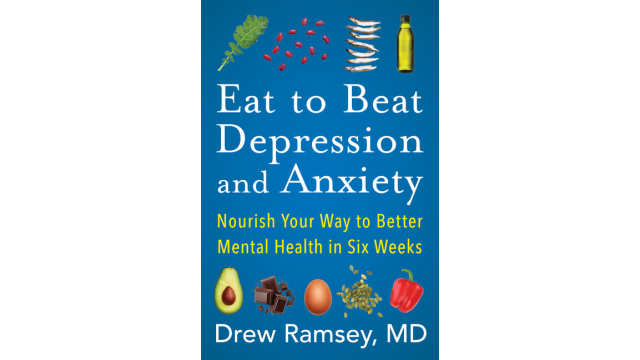The Wisdom of Grief

Regardless of the circumstances, loss always comes unexpectedly and takes us by surprise. Like a lost boat at sea, waves of emotion carry us to unknown places in a way we can never prepare for. A beloved family member who has been there all our lives suddenly disappears, creating an absence that can never be filled by tears, words, or rituals.
We seek comfort in the idea that passing away does not mark the end of life, but is simply part of life: some perceive it as the start of a new chapter for the spirit, while others experience gratitude for their own existence as they grapple with their own mortality.
Grief can also result from a different kind of loss: the death of a pet; a miscarriage; losing one’s job, or one’s home; from the difficulty of recovering self-love and confidence post-trauma – the list goes on. When facing these situations, you may be engulfed by emotional suffering – sometimes even overwhelming and paralyzing pain.
Writing about grief is challenging, too: it’s personal, intimate, and private; not to mention that it’s one of those emotions people deal with in myriad ways. Some find a channel for grief in anger; others in disbelief; some in guilt; others in sadness. There’s no universal language for grief as there is for happiness, where smiles and laughs easily cross borders.
Grief can also disrupt our physical health, unleashing all kinds of illnesses, and making it hard to function and think straight. Even though these are all valid reactions to loss, to recognize them as normal doesn’t make grief itself go away. And while the outlets for grief differ from one person to the next, the difficulty of working past and through grief is certainly universal.
My life has taught me that how we grieve depends on many factors: our personality and personal coping mechanism; our own life experiences; our approach to faith; and the significance of the loss in question, to name a few. The grieving process also takes time, as regaining balance and healing the wounds are things that happen gradually; it can’t be forced or hurried as there is no timetable, deadline, or expiration date for grieving. Some people stay with grief for weeks or months; for others, the grieving process might take years. But whatever the grieving period, it teaches us to be patient with ourselves, and to surrender to a process that unveils its own wisdom as it unfolds.
While grieving a loss is an inevitable part of life, there are ways to cope with the pain, pick up the orphan pieces of our beings, and find closure through the wisdom imparted by grief. For me, it has helped to acknowledge pain head on, articulating the unexpected emotions it triggered and accepting grief as a symbol of my own emotional awareness. It is also important to understand that even though each grieving process will be unique, you are not alone. It is possible and helpful to seek out face-to-face support from people who care about you, or even from a professional counsellor.
Sometimes the hardest aspect of mourning is the feeling that we didn’t do enough; that we didn’t show enough love to a relative who has now passed away; that we didn’t enjoy what we had until it had gone. It conjures up a feeling of guilt and a desire for forgiveness.
That desire is strong, but it is not insatiable. In the 2017 film The Meyerowitz Stories, a grieving son whispers in his dying father’s ear the ho'oponopono prayer: a very simple Hawaiian practice of reconciliation and forgiveness.
He repeats it again and again and again: “I'm sorry, Please forgive me, Thank you, I love you.”
As telling as the three words “Please forgive me” are, it’s the final three, “I love you,” that stay with me most. Even though it is up to each of us to discover what works or doesn’t in our journeys of grief, my life has taught me that grief can lead to more love (for both ourselves and others). And it has also taught me how important it is to lend a caring hand. From being lost in a negative spiral of grief, we can be reborn to loving life, and feeling gratitude, as the ho'oponopono teaches.
As a seeker of wellbeing, I want to help people find out how to reappraise and interpret grief as a form of rebirth not just for the soul of the departed, but for our own selves. As we come out of the rabbit hole of this inevitable and deep process, it is as if we are born again: wiser, more compassionate, and more in tune with our emotions. Such emotional wisdom is essential to Wholistic Wellbeing.








